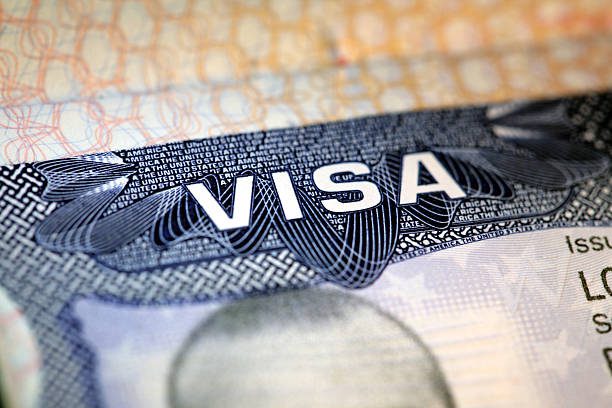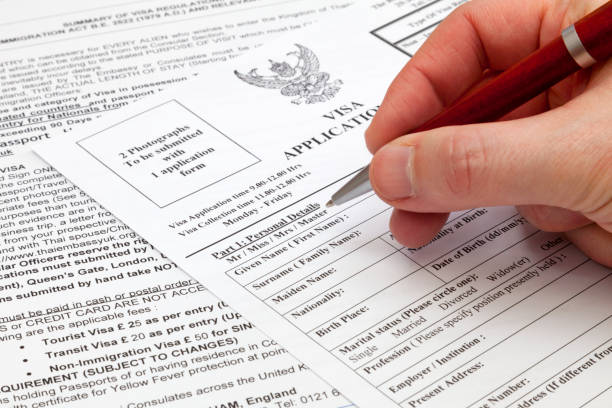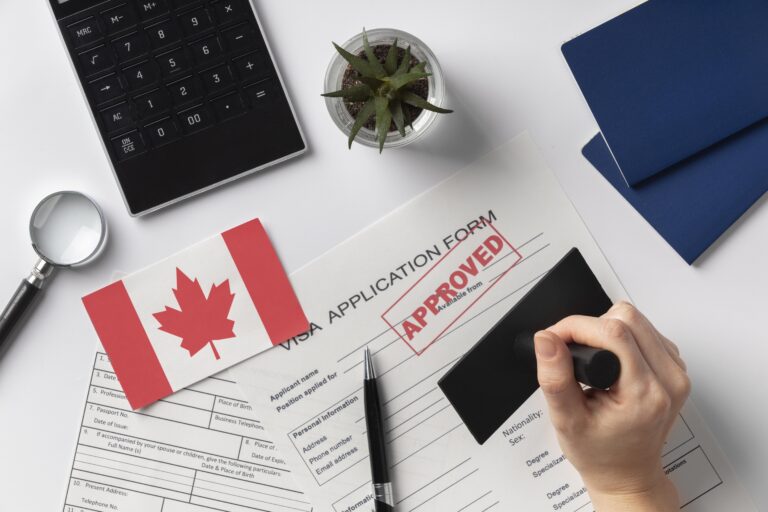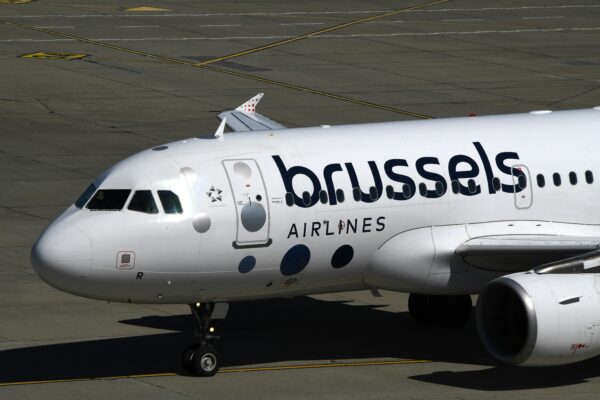This Blog Includes

Visa Guide 2025: Everything You Need to Know Before You Travel
Traveling to a new country is an exciting experience, but securing a visa can sometimes be a confusing and stressful process. Each country has different visa requirements, making it essential to understand the visa process before planning your trip. This Visa Guide will help you navigate visa types, application procedures, common mistakes to avoid, and tips to increase your chances of approval.
What is a Visa?
A visa is an official document or electronic authorization issued by a country that allows a foreign traveler to enter, stay, or leave its territory for a specific period. It is usually stamped or attached to a passport and acts as permission granted by the host country.
Types of Visas
Different visas are issued based on the purpose of travel. The most common types include:
Tourist Visa
This visa is for individuals traveling for leisure, vacations, or sightseeing. It usually has a validity of 30-90 days, depending on the country. Some countries allow visa-free travel or offer visas on arrival.
Business Visa
A business visa is for professionals attending meetings, conferences, or trade events. This visa does not permit employment in the host country and often requires an invitation letter from a company or organization.
Student Visa
Issued to students enrolled in educational institutions abroad, a student visa typically requires proof of admission, financial stability, and accommodation. Its duration is based on the course length.
Work Visa
This visa is for individuals seeking employment in a foreign country. It often requires sponsorship from an employer and may lead to permanent residency in some cases.
Transit Visa
Required for travelers passing through a country en route to another destination, a transit visa is typically valid for 24-72 hours.
E-Visa
E-visas are electronic visas that can be applied for online. They simplify the process by eliminating the need to visit an embassy. Available in countries like Turkey, India, and Australia, e-visas are becoming more popular.
Common Mistakes to Avoid When Applying for a Visa
When applying for a visa, many applicants make mistakes that could delay or even deny their application. Here are some common mistakes to avoid:
Not Applying in Time: Many countries require applications to be submitted several weeks in advance. Make sure you apply with enough time to spare.
Incomplete Documentation: Ensure you submit all necessary documents like passport copies, travel itinerary, and financial proof.
Not Meeting the Requirements: Always check the specific requirements for the type of visa you are applying for, such as invitation letters for business visas or proof of enrollment for student visas.
Tips for a Successful Visa Application
To increase your chances of approval, follow these Visa Guides:
Apply Early: Start the visa process well in advance to avoid any last-minute stress.
Provide Accurate Information: Ensure that all information on your application is accurate and consistent.
Stay Organized: Keep track of all required documents and ensure you have them in order before submitting your application.
Follow Up: If necessary, follow up with the consulate or embassy to ensure your application is being processed.

Visa Application Process
The visa application process varies for each country, but here are the general steps:
Determine the Visa Type
Research the visa category based on your purpose of travel. Always check the official embassy or consulate website for up-to-date information.
Gather Required Documents
Make sure you have a passport with at least six months of validity, a completed visa application form, passport-sized photographs, proof of financial stability (bank statements, tax returns, etc.), a travel itinerary (flight and hotel bookings), and any invitation letters (if applicable).
Submit the Application
Some countries require online applications, while others need in-person visits. Pay the visa processing fee and schedule an appointment if required.
Attend the Visa Interview (If Needed)
Countries like the U.S. and Canada may require in-person interviews. Be prepared to answer questions about your travel plans and financial status.
Wait for Processing
Processing times vary from a few days to several weeks. You can track your application status online (if available).
Receive Your Visa
If approved, your visa will be stamped in your passport or sent electronically. If denied, review the reasons and consider reapplying with additional supporting documents.

Common Visa Mistakes to Avoid
Many visa applications are rejected due to avoidable errors. Here are some of the most common mistakes:
Incomplete Application Forms
Missing or incorrect information can lead to delays or rejections.
Invalid Passport
Ensure your passport has sufficient validity and blank pages for visa stamps.
Lack of Financial Proof
Insufficient funds or missing bank statements can cause refusals.
Inconsistent Travel Plans
Ensure your itinerary matches your accommodation and flight details.
Failure to Provide Supporting Documents
Always check the embassy’s checklist before applying to avoid missing crucial documents.
Applying for the Wrong Visa Category
Choosing the incorrect visa type can result in automatic denial, so always verify the appropriate visa before applying.

Tips to Increase Your Visa Approval Chances
Getting a visa approval depends on proper documentation and following embassy guidelines. Here are some expert tips:
Apply Early
Start the application process at least 2-3 months before your trip to allow for unexpected delays.
Be Honest
Provide truthful information throughout your application process to avoid being blacklisted or facing future issues.
Show Financial Stability
A healthy bank balance reassures immigration officers that you can financially support yourself during your stay.
Have a Strong Travel History
Previous international travel can boost your credibility and show that you respect travel regulations.
Prepare for Interviews
Answer confidently and honestly if you’re required to attend an interview.
Use a Visa Assistance Service
Professional help can improve your chances by ensuring all your documentation is correct and complete.
Frequently Asked Questions
Q1. What is the purpose of a visa guide?
A visa guide helps travelers understand different visa types, application procedures, common mistakes to avoid, and tips to improve their chances of approval before traveling abroad.
Q2. Why is it important to check visa requirements before traveling?
Visa requirements vary from country to country. Referring to a visa guide ensures you have all necessary documents and meet the eligibility criteria for smooth travel.
Q3. How do I know which visa type I need?
Our visa guide suggests that you first determine your travel purpose—whether it’s tourism, business, study, or work—and then select the visa type accordingly.
Q4. Can a visa guide help me with online visa (e-visa) applications?
Yes, a good visa guide provides information about applying for e-visas, including steps to follow, documents needed, and tips to avoid common online application mistakes.
Q5. What are common reasons for visa rejection?
Common reasons include incomplete documentation, insufficient financial proof, inconsistencies in your application, and applying for the wrong visa category. Our visa guide outlines how to avoid these errors.
Q6. How early should I apply for a visa before my travel date?
According to most visa guides, you should apply at least 2-3 months before your departure to allow sufficient processing time.
Q7. Is using a visa guide enough, or should I hire a visa consultant?
A well-prepared visa guide can be enough for straightforward cases. However, for complex applications, hiring a consultant may provide extra assurance.
Q8. Does every country require a visa to enter?
No, some countries offer visa-free access or visa-on-arrival facilities. A visa guide usually lists such destinations and their entry rules to help you plan better.
Q9. What documents are commonly needed for a visa application?
Most visa guides recommend preparing a valid passport, completed visa forms, passport-size photos, proof of finances, travel itinerary, and sometimes invitation letters.
Q10. Can a visa guide help me understand interview questions for visa applications?
Yes, a detailed visa guide can provide common interview questions, along with tips on how to answer them confidently and correctly.
Stay updated with our latest travel tips and adventures! Follow us on Instagram.



